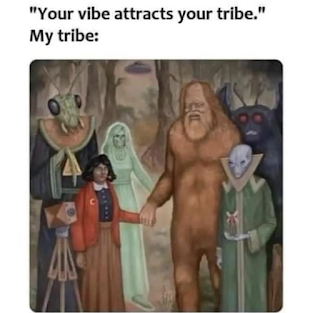Pages
- *·~-.¸¸,*·Credentials.of.Ministry
- .¸¸,.-'¯¨'Exel.eko papacy records¸¸,.-~*
- ×̯×COT "Bible"
- ►MEOW MIX
- ,.-~*'·~'cap†iv@tion - recovering gay advanced presidential MK ULTRA mind control asset
- ☮unimaginable conspiracy
- archive
- ♥
- ⁂
- z3n8
- social-credit
- NWO
- rudeundies!
- str8jock
- str8boi
- teenhuntr
- koreporate
- maleart.ca
- Muscular.Boy
- God.Jocks
- .x
- Zenophobic
- folio
- $$Dana
- ◕ ASCII
- ノBackrooms
- ´¯`meh memes
- - shaunti
- •°o memes
- ☏ brutalism erasure
- ‿-。
- •.•Peeping Tammy
- ♫boyeuristic
- ¯¨diikz
- ►BOY.maLe
- ✈MaLeDividends
- .com domain acquisitions·~-.¸¸~~-.
- BTF
- GBT
Virtual Ministry Archive



























































